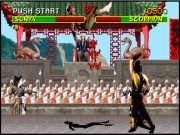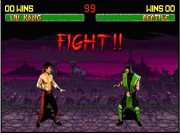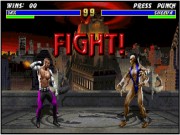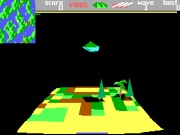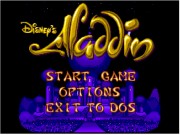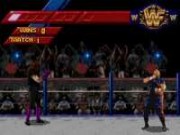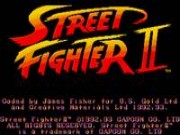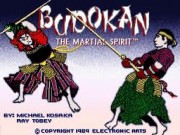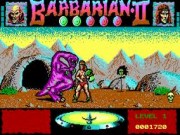Game: Return to Zork (Floppy Version)
Play Return to Zork (Floppy Version) Game
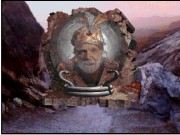
Unlike the previous games in the Zork franchise, which were text adventures, Return to Zork takes place from a first-person perspective and makes use of video-captured actors as well as detailed graphics; a point-and-click interface replaced the text parser for the first time in a Zork game. The overall gameplay style was somewhat similar to Myst, although Return to Zork predated Myst by a few months. Unlike Myst, which had no extraspatial dimensions of functionality, Return to Zork features multiple ways of interacting with each object in the game world, as well as with several non-player characters also present in the world via a menu which appears on the left side of the screen. It also offers multiple ways to "complete" the game, encouraging replay. Among the actors who appear in the game were a number of recognizable character actors as well as a number of well-known younger actors: Robyn Lively of Twin Peaks as "The Fairy", Jason Hervey of The Wonder Years as "The Troll King", and Sam J. Jones from the 1980 film Flash Gordon as "The Blind Bowman" and A.J. Langer of My So-Called Life as fellow Zork explorer Rebecca Snoot whom the player encounters on several occasions. Game designer, Doug Barnett, worked independently with Activision. Art designer Mark Long (co-founder/owner of Zombie Studios) had several goals in mind to "make the game realistic" and "avoid things like mazes in text adventure games," and "multiple ways to solve puzzles, and to finish the game." In an interview in 1999, he stated these concepts: All of the puzzles in the game reference real, albeit esoteric, references to various cultures and archeological history and studies. A common example would be the exploration of the pyramids in Egypt along with the mythology that surrounds them, but uncommonly known examples were chosen over better-known ones. Mark's overseas duties in the U.S. Army (retired Major) combined with a year of historical research enhanced the puzzles that must be solved to finish the game. Navigation is "always correct; if you move north then south, you are always in the same place. Solving mazes was overdone, dull, and annoying." There are multiple ("at least three") ways to solve puzzles, as well "as a half-dozen ways to complete the game." His reasoning: "I didn't like games that you had to follow a single, specific, obfuscated path for each puzzle, and just one way the game could be finished." This was contrary to text-based adventure games and the widely popular Myst series. It also "gave the player a reason to play the game more than once, trying to discover new ways to solve puzzles and to finish the game. Serious gamers said they had worked out dozens of combinations to complete the game."
Each game uses different controls, most DOS games use the keyboard arrows. Some will use the mouse , "Alt" ,"Enter" and "Space bar".
You might also Like:
- Mario
- Sonic
- Dragon
- Pac Man
- Tank
- Ninja
- Pokemon
- Bomberman
- Tetris
- Contra
- Doraemon
- Racing
- Football
- Soccer
- Fighting
- Fighter
- Blocks
- Pinball
- Snake
- Space Invaders
- Chess
- Mario Bros
- Fire Emblem
- Harvest Moon
- Download Games
© ClassicGames.me
Classic Games is a 100% free online arcade games website.
